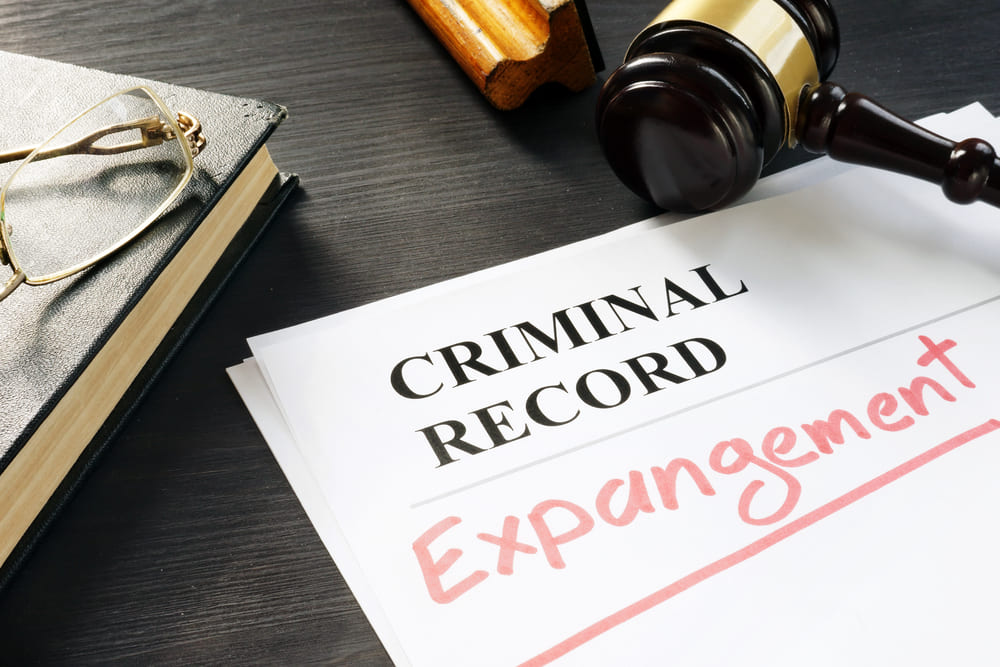Many Peoples wants to know Do Expungements Effects your Travel Status? People are unaware that having a criminal record can have long-term consequences when traveling. Some criminal records can prevent you from traveling to certain countries. Depending on the crime, an expunged or sealed criminal record may or may not be considered a clean slate. If you have been convicted of a crime in the past, then it’s essential to speak with an attorney about your travel options.
If the Conviction is more than six months old and there are no pending charges against you, your criminal record should be considered “expunged” or “sealed.” An expunged or sealed criminal record means that the information concerning the Conviction is not accessible through public databases or any governmental agency.
The impact of Expungement on a Person’s rights:
When someone is Convicted of a crime, the Court records of that Conviction are typically kept as part of their permanent record. This record can haunt someone if they are arrested or charged with a crime again. If the person has an Expungement, their criminal record from the previous Conviction will be removed from their Permanent record.
The Purpose of an Expungement is to relieve people convicted of a crime. It helps them by reducing the Stigma that comes with a criminal record, and it can also help them by allowing them to get jobs or housing more quickly.
Certain Conditions must be met for an expungement to be granted. The essential Condition is that the person must have been Convicted of a crime for which they have already served their Punishment.
The Impact of Expungement on Immigration Status:
In the United States, Criminal records are maintained by State and local law enforcement agencies and can be used as a basis for denying or revoking immigration status. An arrest record can contain criminal convictions no matter if the individual has been charged or convicted. That means people who have criminal records could be subjected to greater scrutiny in submitting applications to apply for Visas or seeking any other Legal entry to The United States.
Extradition proceedings may also result from a criminal record. If an individual is wanted by law enforcement in another country, being Convicted of a crime in the United States could lead to arrest and removal from the Country. The process of expungement is one through which criminal convictions can be deleted from the official records.
Does expunged record affect Immigration?
The recent trend of States expunging Criminal Records has been gaining more and more attention. This trend is notably seen in Immigration, as many people with criminal records are looking to immigrate. It has been widely speculated that a Criminal Record may negatively impact an individual’s ability to Immigrate. However, there is little definitive evidence on how a criminal record affects an Individual’s ability to Immigrate.
Several factors can affect an Individual’s ability to Immigrate, including their education level, work experience, and whether they have a valid visa or green card. Additionally, a Person’s criminal record may also be affected by their Country of the origin or their citizenship status. In some cases, a person’s criminal record may prevent them from being able to Immigrate at all.
How long before a Criminal Record is Expunged?
The Process of having a criminal record Expunged can vary from State to State, but typically it takes between Six and Twelve months. To have your record Expunged, you must first contact the relevant authorities in your state and provide them with evidence that you have completed any required rehabilitation measures.
You will also need proof of your current address, voting eligibility, and other necessary documentation. After completing these steps, the authorities will review your case and may decide to Expunge your record based on the information provided.
For example, most misdemeanors can be expunged in California after completing probation and waiting for three years. However, felonies cannot be expunged unless they are reduced to misdemeanors through reclassification. So if someone were convicted of a felony but later had their conviction reduced to a misdemeanor, they would only have to wait three years before their record could be deleted.
Who can see Expunged Records?
For a record to be Expunged, the individual or organization who owns the record must consent. The law defines an “owner” as a person who has possession of or control over a record and can exercise direct or indirect control over its disposition. This includes individuals with Lawful access to records, such as Employees of an organization, and individuals who have Legal ownership of records but do not have custody of them, such as Trustees.
The statute also specifies that consent must be given by the individual whose record is expunged unless the owner is deceased or cannot be found. If the owner cannot be found or refuses to consent, then the law allows the records to be Expunged if they are inactive for five years.
Can foreign countries see Expunged records?
When a person is convicted of a crime, the court records related to that Conviction are automatically sealed by law. This means that the record can only be accessed by people who need to see it. The government cannot release this information to anyone else.
This sealing of Court records is unique to criminal cases in the United States. Other Countries have different Legal procedures for dealing with convictions and criminals. In some countries, records related to criminal convictions are not automatically sealed. Foreign governments can access these records if they request them from the U.S. Department of Justice (DOJ).

